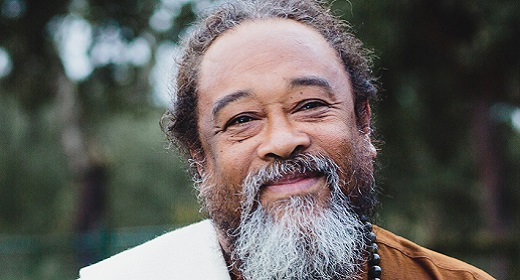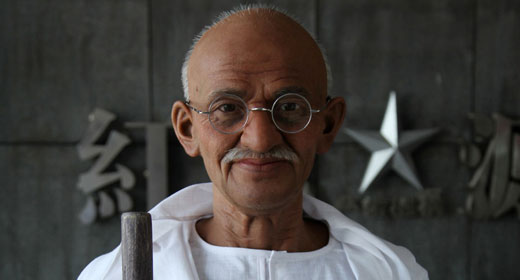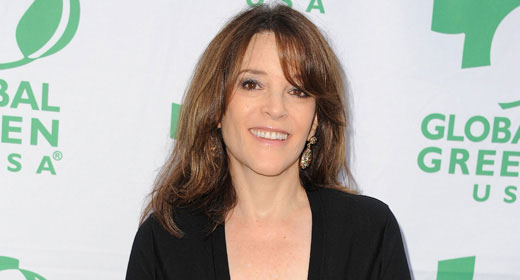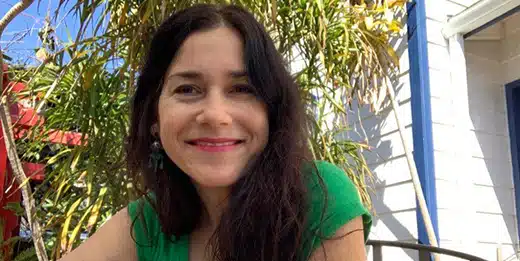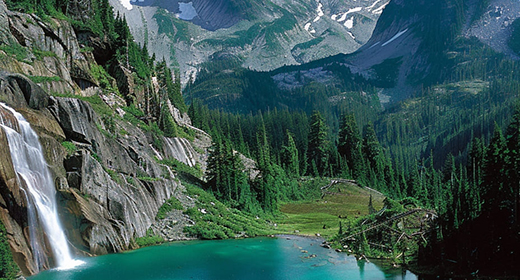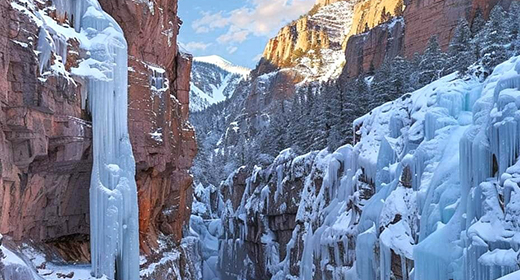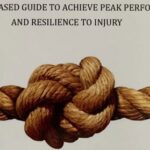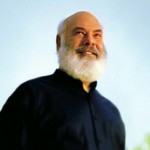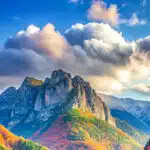by Dr. Alberto Villoldo: As I speak at live events or teach workshops and seminars for the Four Winds Society, the first question I am often asked is: “What is a shaman?”
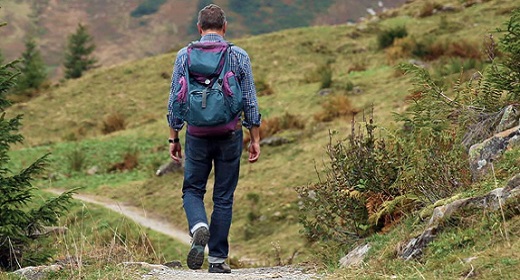
The next question is, predictably, “How do I become a shaman?” The first step toward joining this ancient spiritual and healing practice is typically a calling. A calling can come at any time or place, suddenly and surprisingly, or following a profound change in personal circumstances—a near-death experience, sudden job loss, poverty, or illness. Sometimes it takes years before Spirit’s summons sinks into your consciousness. You may recognize it as an urgent need for answers or a longing for something more in life, something greater than you have ever known.
My personal journey started in Cuba, where I was raised with the specter of death around me. There was a revolution going on, and it was not unusual to see pools of dried blood on a driveway or sidewalk on the way to school.
As an adolescent, I rebelled against Christian dogma. I felt that it lulled me into a deep slumber instead of inspiration. I grew tired of asking God to keep me safe from the bullies at school, using that special formula every Catholic boy knows of making the sign of the cross three times over my chest. I became tired of praying that I would wake up the following morning alive, repeating the prayer “and if I shall die before I wake, I pray the Lord my soul to take.” And I longed deeply for the love of God or the love of another, anyone really, who could see me and love me just as I was.
As a young man I studied Buddhism, which doesn’t espouse the existence of a god or gods. In his meditations, the Buddha is said to have met numberless divine beings, but no one single Creator. Buddhism disdains any kind of canned belief in reincarnation, encouraging you to explore the possibility through meditation. After years of finding meditation uncomfortable and maddening, I learned to enjoy it. Yet still I found myself searching for something sacred. I was hunting for a treasure I could not explain.
I encountered shamanism while working on my doctoral thesis in the early 1970s. What I found is that the shamans do not practice prayer as we know it. They do not meditate. Instead they go on vision quests and practice journeying. They go into nature and fast, drinking only water. After a few days of not eating, once they have burned through all the sugars in their systems, they slip into that state between sleeping and waking, where reality ceases to be objective and becomes fluid. In my vision quests in the Amazon, I learned to enter these dreamlike states and within them felt more awake and alive than I did in my ordinary life.
After I was fully initiated into shamanism, my mentor in Peru told me to take what I had learned back to the western world and train a new generation of shamans. Very few descendants of the original medicine men and women show interest in carrying on this millennial tradition. They are drawn to modern civilization and new options in life.
It is remarkable that as disinterest grew among the children of traditional shamans, there was a growing awakening and appeal in the western world for ancient healing practices and spirituality. My elderly mentor helped me adjust some of the shamanic practices, others I later developed into a form and substance that would be teachable in the west, and this is why I founded the Four Winds Society and the Light Body School.
Over the years, we have trained and mentored more than 10,000 students into becoming caretakers of the earth and dreamers that can dream a more peaceful world into being—today’s modern shamans, engaging with the luminous nature of reality.

